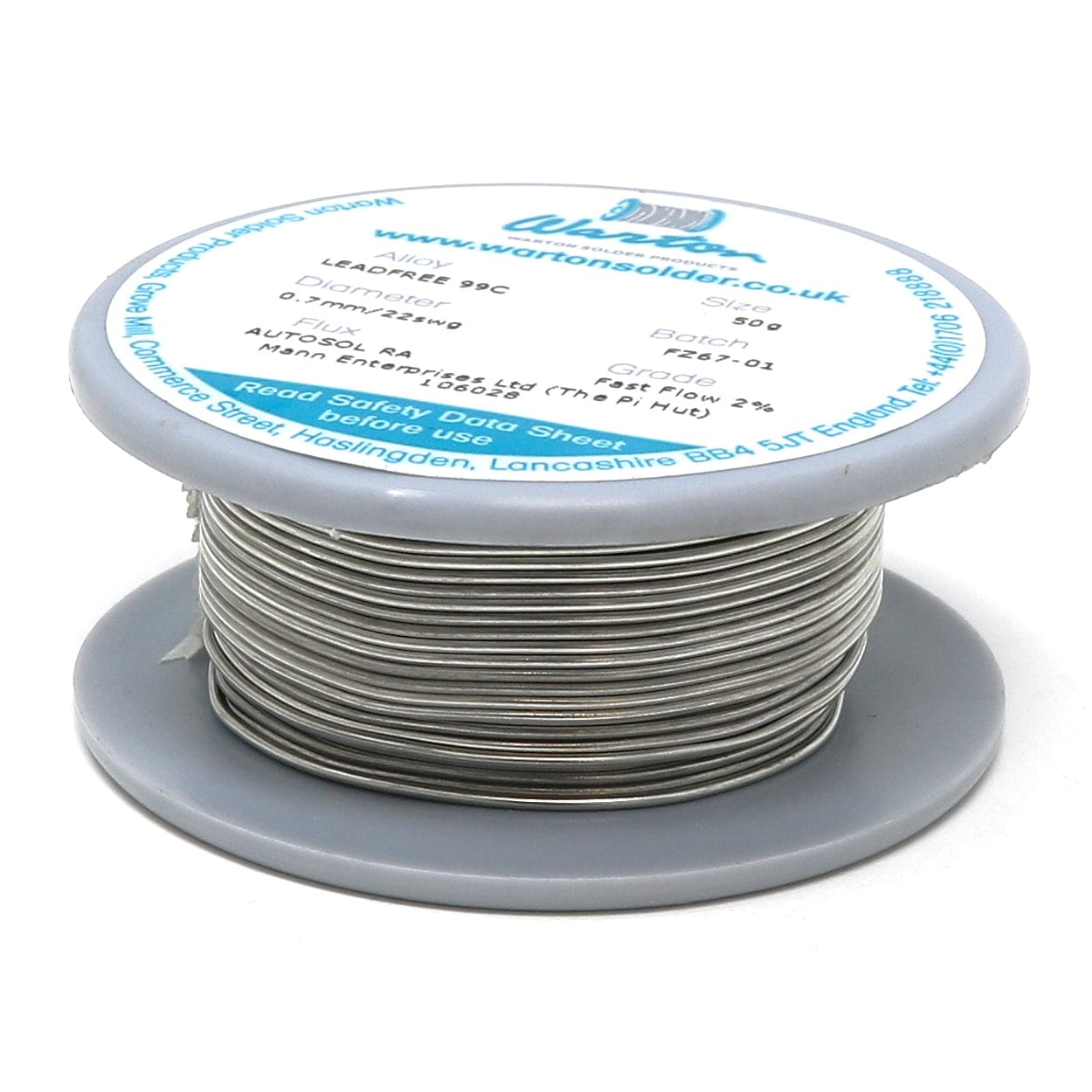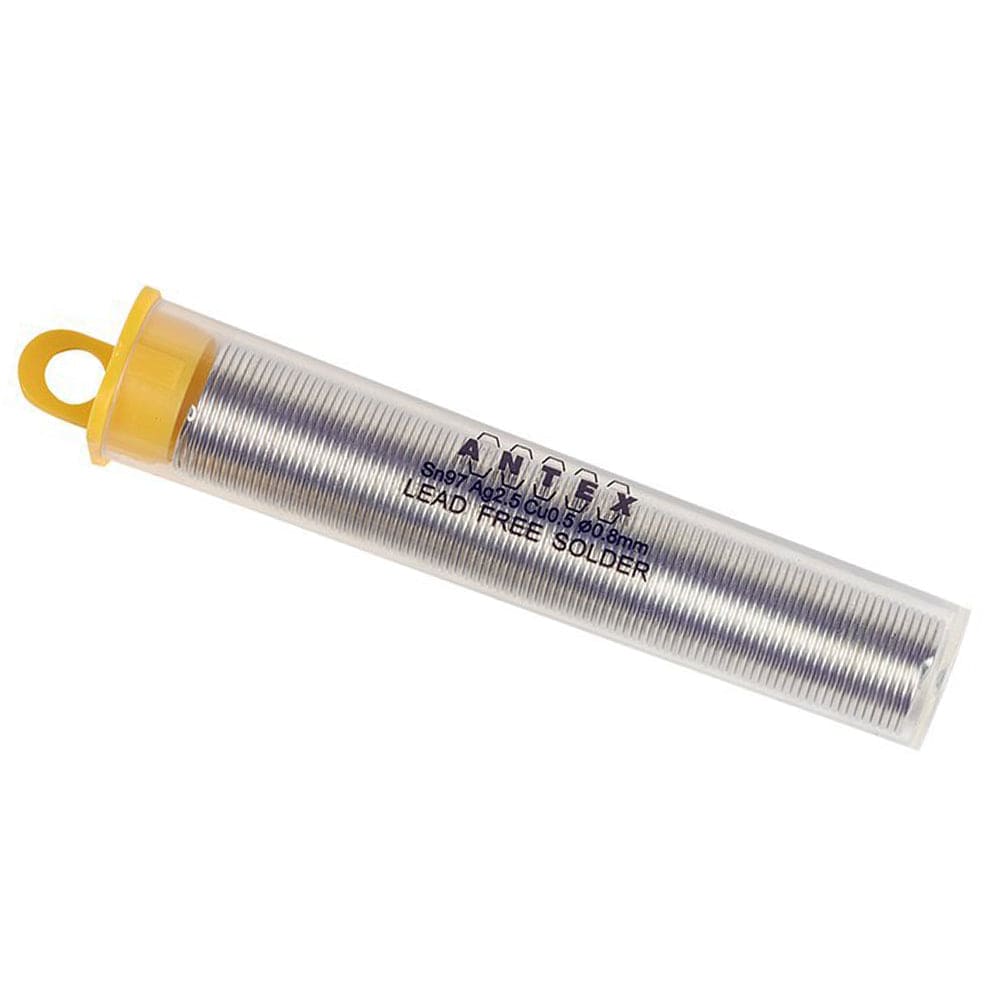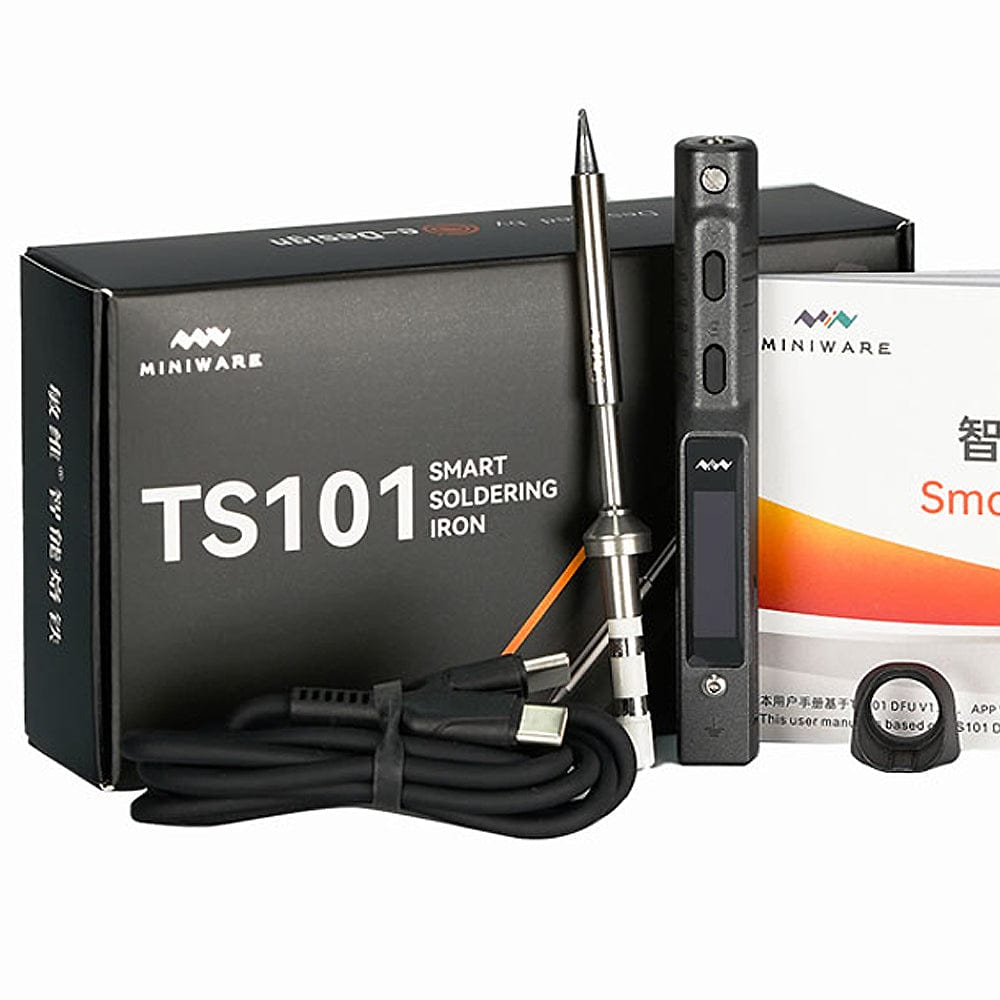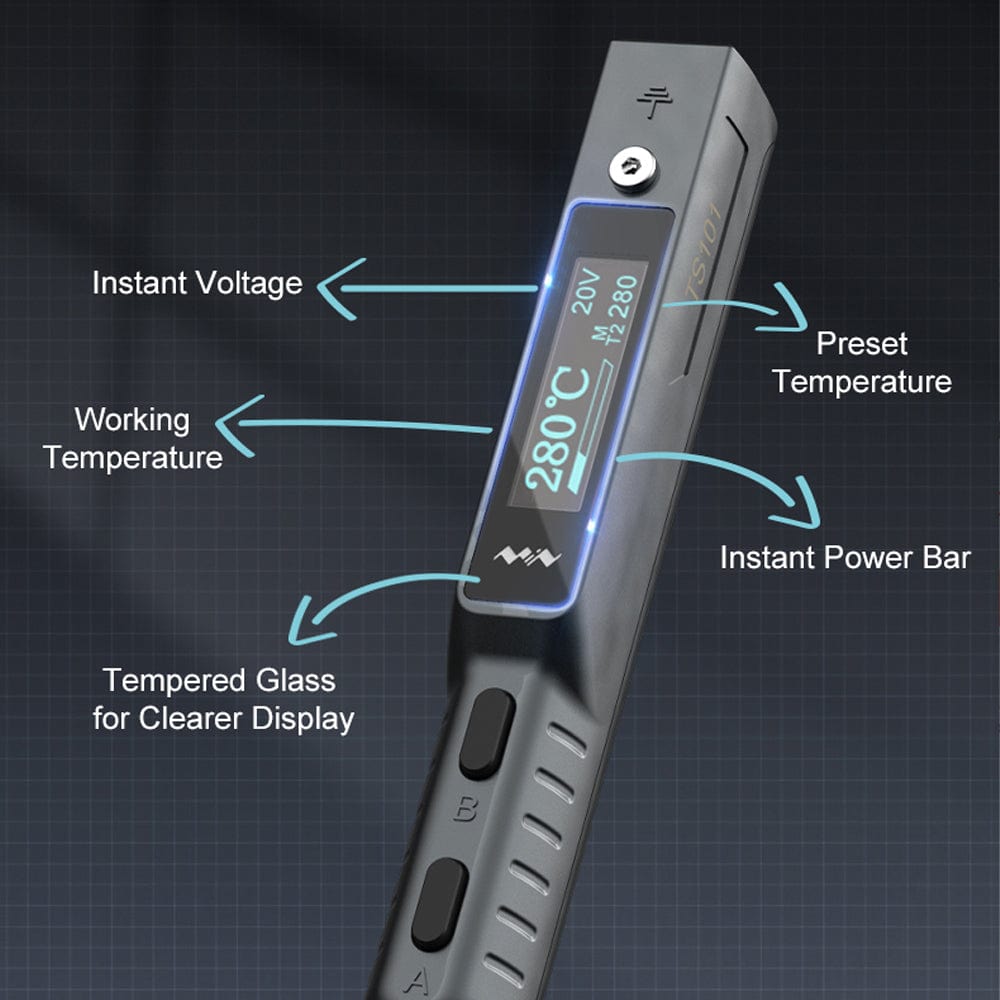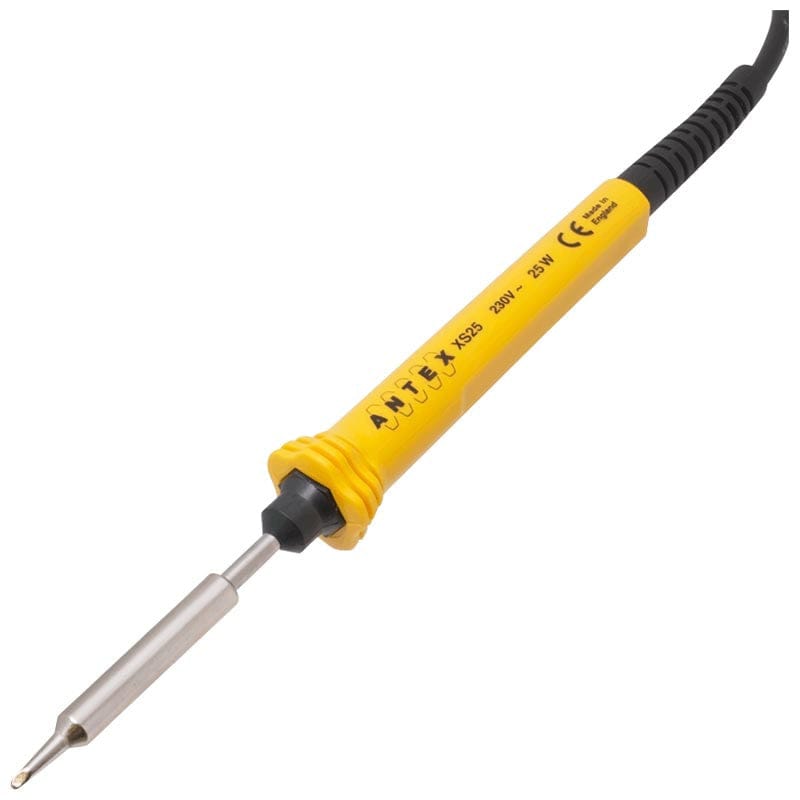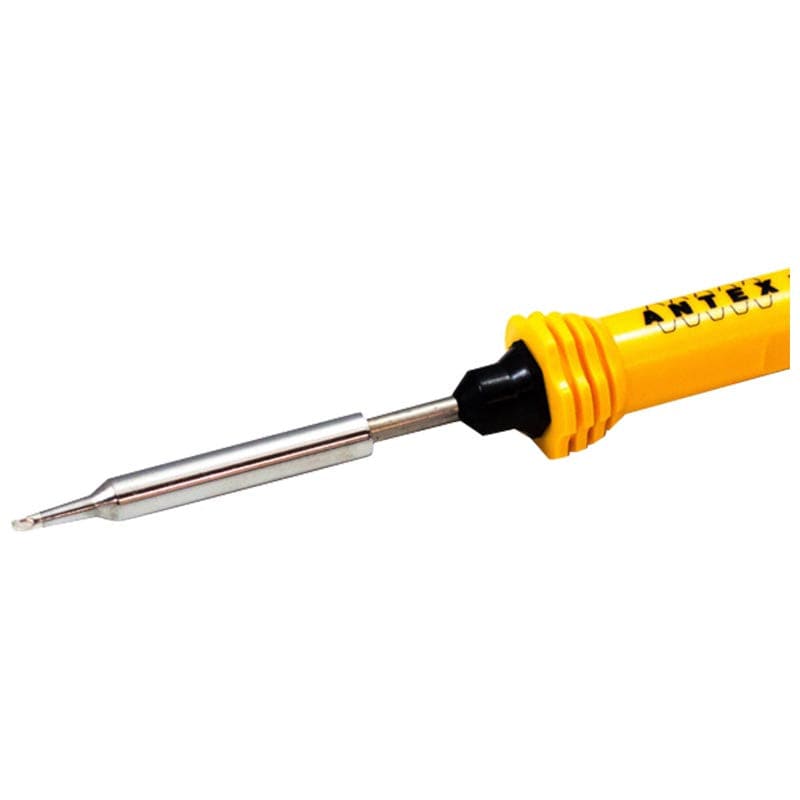![Open Source DCC Locomotive Decoder [Discontinued] by iLabs - The Pi Hut](http://thepihut.com/cdn/shop/files/open-source-dcc-locomotive-decoder-the-pi-hut-105896-42236870656195.jpg?v=1716211558&width=1500)
![Open Source DCC Locomotive Decoder [Discontinued] by iLabs - The Pi Hut](http://thepihut.com/cdn/shop/files/open-source-dcc-locomotive-decoder-the-pi-hut-105896-42236870623427.jpg?v=1716211564&width=1500)
Login / Signup
Cart
Your cart is empty
![Open Source DCC Locomotive Decoder [Discontinued] by iLabs - The Pi Hut](http://thepihut.com/cdn/shop/files/open-source-dcc-locomotive-decoder-the-pi-hut-105896-42236870656195_1000x.jpg?v=1716211558)
![Open Source DCC Locomotive Decoder [Discontinued] by iLabs - The Pi Hut](http://thepihut.com/cdn/shop/files/open-source-dcc-locomotive-decoder-the-pi-hut-105896-42236870623427_1000x.jpg?v=1716211564)
The Open Source DCC Locomotive Decoder is built on an open-source platform, designed for hobbyists who want the ability to customise, enhance, and evolve their model railroad systems. It is powered by the RP2040 microcontroller from the Raspberry Pi Foundation, providing high-performance and different control schemes.
It is fully compatible with DCC standards, and features advanced PID motor control for smooth acceleration, deceleration, and maintaining speed under varying loads. Programmable outputs provide realistic sound and lighting effects, and the open-source software, built on Raspberry Pi’s C-SDK, allows complete customisation of your model locomotive. With community support and continuous upgrades, it keeps your system future-proof with the latest features and improvements.
The device is flashed with the latest available firmware at the time of shipping so if you are just aiming to run the decoder you can do so.
The OpenDec02 board is based on Gabriel Koppenstein's open-source project found here. All kudos for this project goes to Gabriel, the only thing we have added is an optimised layout and our knowledge in production. His GitHub pages describe the architecture and how to work with the device in a very clear manner.
On our boards we have brought out the D+/D- signals for the USB interface which can simplify flashing of the device when we produce them in bulk. Feel free to use them any way you want. A cut-off USB cable can be used to connect with the device, remember though that the USB stack causes overhead which can conflict with the tight timing of the DCC protocol decoder.
![Open Source DCC Locomotive Decoder [Discontinued] by iLabs - The Pi Hut](http://thepihut.com/cdn/shop/files/open-source-dcc-locomotive-decoder-the-pi-hut-105896-42236870656195.jpg?v=1716211558&width=1500)
![Open Source DCC Locomotive Decoder [Discontinued] by iLabs - The Pi Hut](http://thepihut.com/cdn/shop/files/open-source-dcc-locomotive-decoder-the-pi-hut-105896-42236870623427.jpg?v=1716211564&width=1500)


